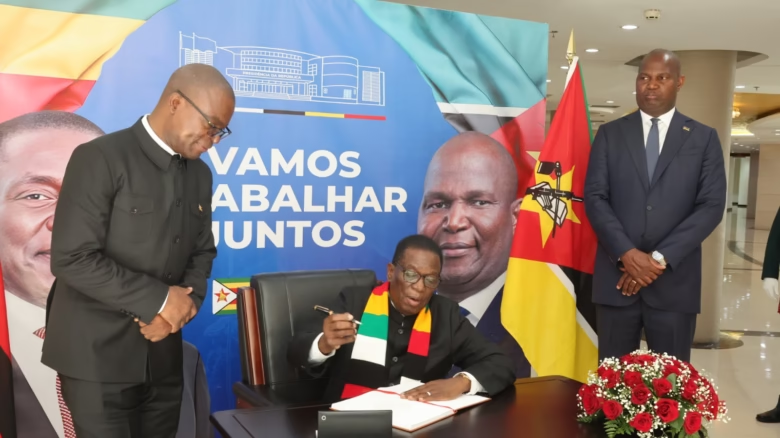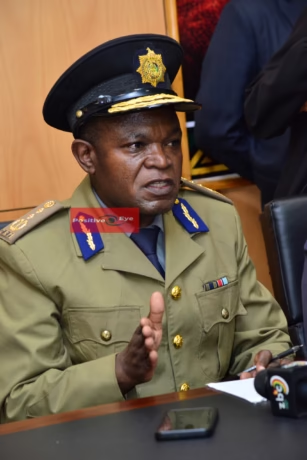
Zimbabwe’s tourism sector, a vital pillar of the economy and a top contributor to GDP, remains under pressure as the Ministry of Tourism and Hospitality Industry struggles with structural, staffing and funding challenges, according to the Portfolio Committee on Tourism and Hospitality Industry’s latest review of the 2024 third and fourth quarter budget performance.
The Ministry, established in late 2023, had a total budget of ZWG$123 million for 2024. Of this, two-thirds was channelled into Tourism Development and Promotion, the core of its mandate, while the remainder supported Policy and Administration. Yet despite prioritisation of tourism development, the Committee noted persistent inefficiencies that could undermine the Ministry’s potential to drive growth in a sector earmarked as central to the National Development Strategy 1.
A stark finding was the Ministry’s 55 percent vacancy rate, with only 76 of 170 approved posts filled by the end of 2024. Administrative delays and budget constraints left critical positions unfilled, forcing the Ministry to operate at less than half its human resource capacity. Particularly affected was the ICT department, which until mid-2024 had only one officer, delaying the launch of a functional tourism website—an essential tool for global visibility. While the site is now at testing stage, the Committee expressed concern that Zimbabwe continues to lose opportunities to market its tourism potential effectively on digital platforms.
On resource use, Treasury disbursed ZWG$80.9 million (65.5 percent of the budget) by year-end. The Ministry demonstrated efficiency in utilising most of the funds it received, particularly for tourism development activities, though ZWG$2.6 million for office equipment was reversed due to late Treasury funding and only availed in 2025.
Performance indicators showed mixed results. International tourist arrivals reached 0.79 million, surpassing the 0.61 million target. The Ministry also developed five new tourism products against a target of one, reflecting resilience and creativity within the sector. However, it fell short on awareness campaigns, conducting six out of the planned ten, and progress on bilateral agreements was unclear.
Challenges continue to weigh heavily on the Ministry’s operations: inadequate office space, limited vehicles and ICT tools, and delays from the Public Service Commission’s job rationalisation process. The Committee also flagged slow progress in resolving audit issues inherited from the Ministry of Environment, Wildlife and Climate Change during the 2023 demerger, particularly the updating of asset registers.
The Committee’s recommendations were clear and time-bound. By September 2025, the Public Service Commission should expedite recruitment, especially in ICT. By August 2025, the Ministry must finalise its asset register, while Treasury was urged to prioritise funding for Tourism Development and Promotion in the 2026 National Budget. Further, the Committee encouraged collaboration with other ministries, particularly agriculture, to boost agro-tourism by December 2025.
While commending the Ministry for timely submission of its reports, Parliament underscored the need for continued capacity building in budget oversight to strengthen accountability. The Committee’s analysis makes one fact unmistakably clear: Zimbabwe’s tourism potential is vast, but unlocking it requires not just ambitious plans, but adequate human capital, digital presence, and timely funding.




